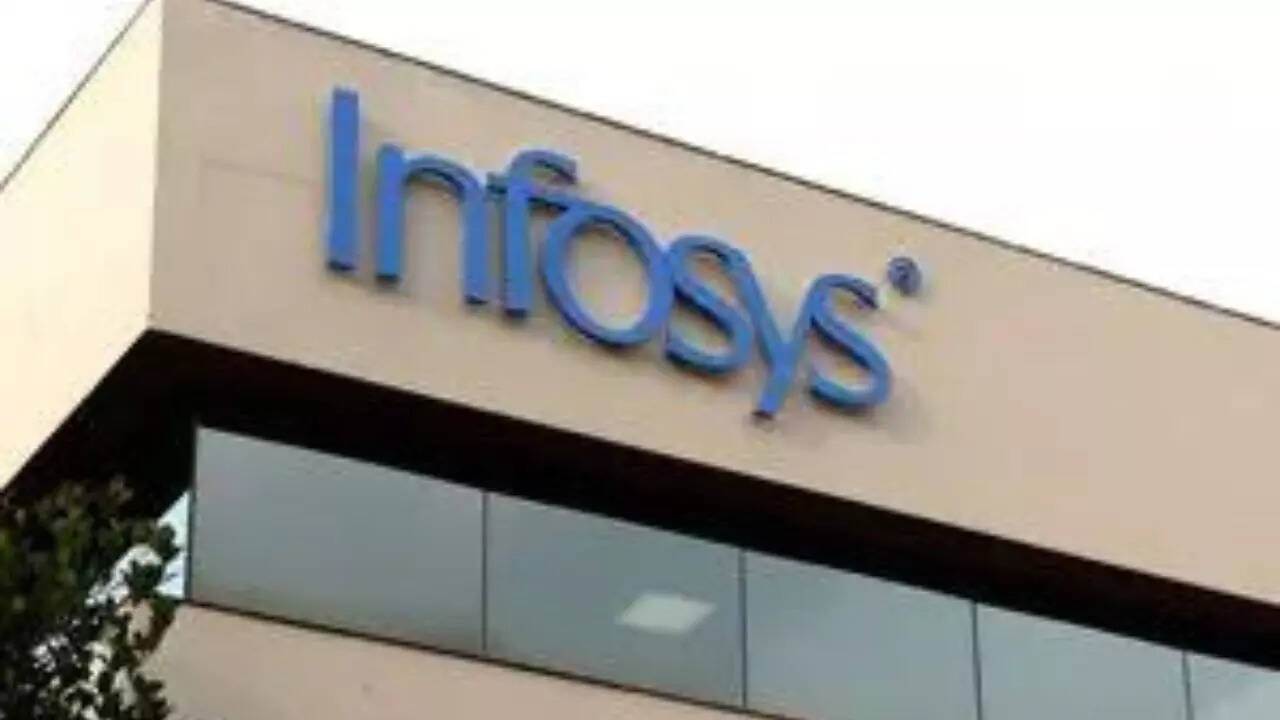Infosys Signals Confidence with Massive Share Buyback
The air crackles with anticipation in the tech world. Infosys, a bellwether of the Indian IT landscape, is poised to launch a gargantuan ₹18,000 crore (approximately $2.2 billion) share buyback program. This move, coming on the heels of a 20% dip in its stock price over the past year, has everyone asking: what’s the story behind this bold decision, and what does it mean for investors and the company’s future?
Forget the doom and gloom often associated with stock price drops. Think of this buyback as Infosys essentially saying, “We believe in ourselves, and we’re putting our money where our mouth is.” It’s a powerful signal to the market, suggesting that the company views its current valuation as undervalued and sees brighter days ahead.
Decoding the Infosys Buyback Decision
Share buybacks, in their simplest form, are when a company uses its cash reserves to repurchase its own shares from the open market. The immediate effect is a reduction in the number of outstanding shares. This, in turn, can lead to an increase in earnings per share (EPS), making the stock more attractive to investors. More fundamentally, it allows Infosys to return capital to shareholders.
But why now, after a year of fluctuating stock prices? Several factors likely play into this decision. The global economic climate has been turbulent, impacting the entire IT sector. While Infosys hasn’t been immune, it’s clearly confident in its long-term strategy and ability to weather the storm. The buyback isn’t just about propping up the share price; it’s about reinforcing investor confidence and demonstrating a commitment to shareholder value.
A History of Rewarding Investors
This isn’t Infosys’s first foray into share buybacks. In fact, the company has a history of using this mechanism to reward its shareholders. Prior buybacks have been generally well-received, helping to stabilize the stock and provide support during market volatility. This consistent approach to capital allocation suggests a well-defined financial strategy and a commitment to returning value to its investors.
Previous buybacks, and consistent dividend payouts, have built a reputation for Infosys among investors seeking both growth and stability. The current move builds upon this image.

The Ripple Effect on the Market
The sheer size of this proposed Infosys buyback is noteworthy. An ₹18,000 crore injection of capital into the market could have a significant ripple effect, potentially boosting investor sentiment and encouraging further investment in the IT sector. Other companies in the industry will undoubtedly be watching closely, gauging the market’s reaction and considering their own capital allocation strategies. This could initiate a broader trend of buybacks across the IT sector, especially if the Infosys move proves successful. It could also bring upward pressure on other Indian IT stock prices if the market is pricing them at similar discounts.
Strategic Implications for Infosys
Beyond the immediate impact on share price, the buyback also has strategic implications for Infosys. By reducing the number of outstanding shares, the company effectively increases its ownership stake. This provides greater control and flexibility in decision-making, allowing Infosys to pursue its long-term growth objectives with greater agility.
Moreover, the buyback can be seen as a defensive move against potential hostile takeovers. By reducing the number of shares available on the open market, it becomes more difficult and expensive for any entity to acquire a controlling stake in the company.
Looking Ahead
The proposed Infosys buyback is more than just a financial maneuver; it’s a strategic statement. It signals confidence in the company’s future, rewards shareholders, and potentially sets a precedent for others in the IT sector. While the short-term market reaction remains to be seen, the underlying message is clear: Infosys is committed to creating value for its stakeholders and navigating the challenges of the global economy with resilience and strategic foresight. For a deeper dive into Infosys’s overall strategy, see our previous article on their recent investments in AI.
In conclusion, this move projects stability and ambition. While there is market risk involved, it shows a company with enough liquidity, earnings, and faith in its own trajectory to make a substantial repurchase, which could ultimately benefit both Infosys and its investors.







